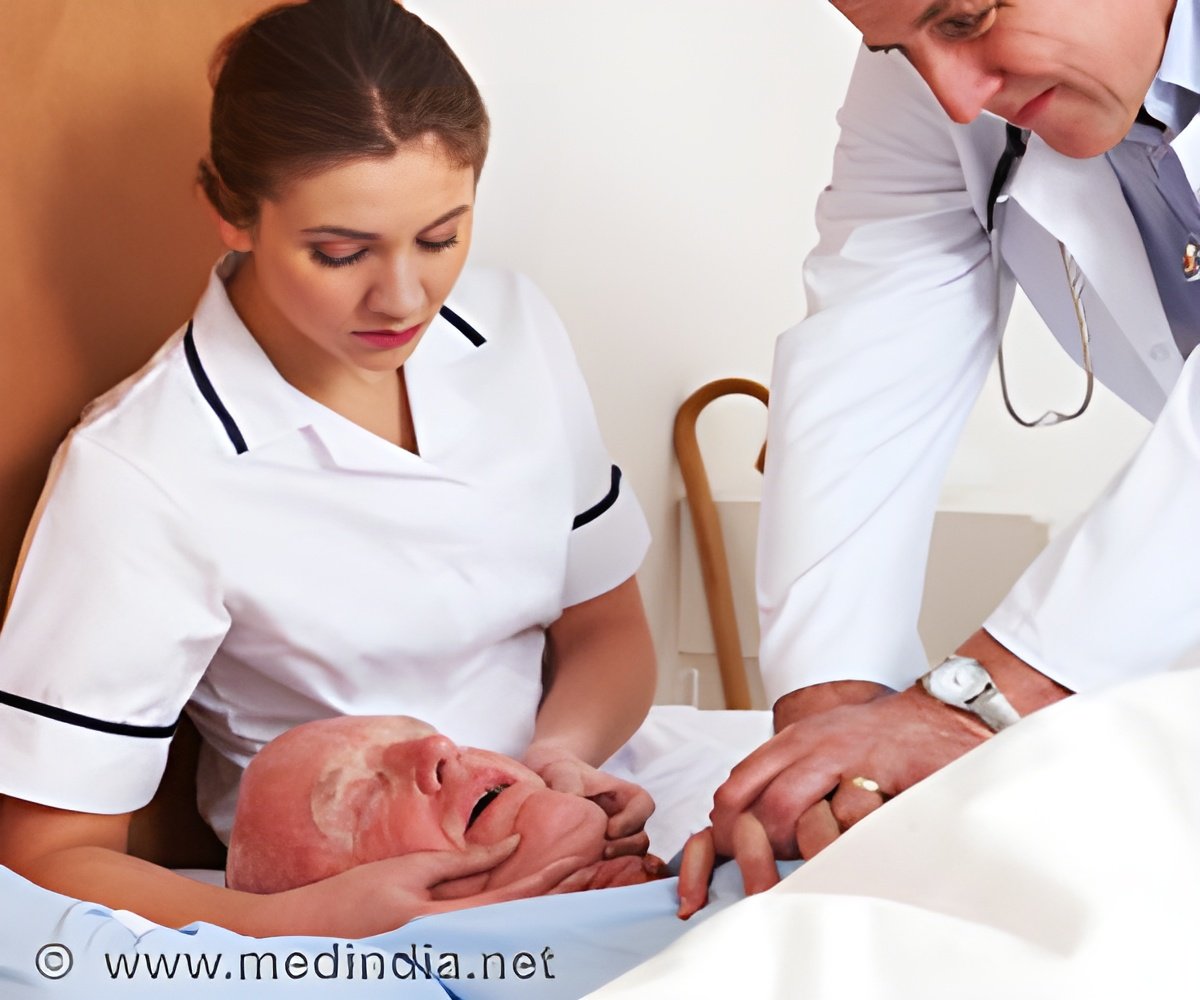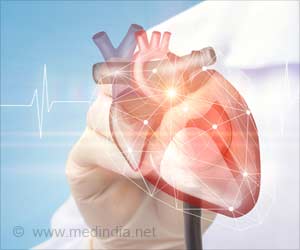The number of trusts performing primary percutaneous coronary intervention over 24/7 increased from 7.2 percent in 2005-2007 to 57 percent in 2011-2013.

‘Patients who suffer from a heart attack are more than twice as likely to be offered life-saving stent treatment if they are taken to units that operate round-the-clock in the UK.’





Patients who suffer a major heart attack are supposed to be offered the life-saving treatment within 90 minutes of arrival at a unit. Stents are provided using a procedure called primary percutaneous coronary intervention (PPCI) to open blocked arteries, restoring blood flow to the heart.The study conducted by the Leeds University found vast differences in the provision of stent treatments between hospitals between 2003 and 2013, where some units had increased the number of treatments by just 4 percent while others had seen a 300 percent rise in treatments.
The study also found that 43% of hospitals that offer the emergency procedure are still unable to do so round the clock. The availability of services round the clock and the availability of trained staff were “strong determinants” of whether the life-saving treatment was offered.
The number of trusts performing PPCI over 24/7 increased from 7.2 percent in 2005-2007 to 57 percent in 2011-2013. Overall, emergency stenting in England rose from 0.1 percent in 2003 to 86 percent in 2013.
Dr Chris Gale, from the University of Leeds, said, “It’s clear that opportunities are being missed and in some cases treatment is simply not being offered. This is unacceptable and undoubtedly lives are being lost as a result. We need to ensure that services are adapted so doctors are able to recognise patients who need this potentially life -saving treatment and hospitals are geared up to deliver it.”
Advertisement














